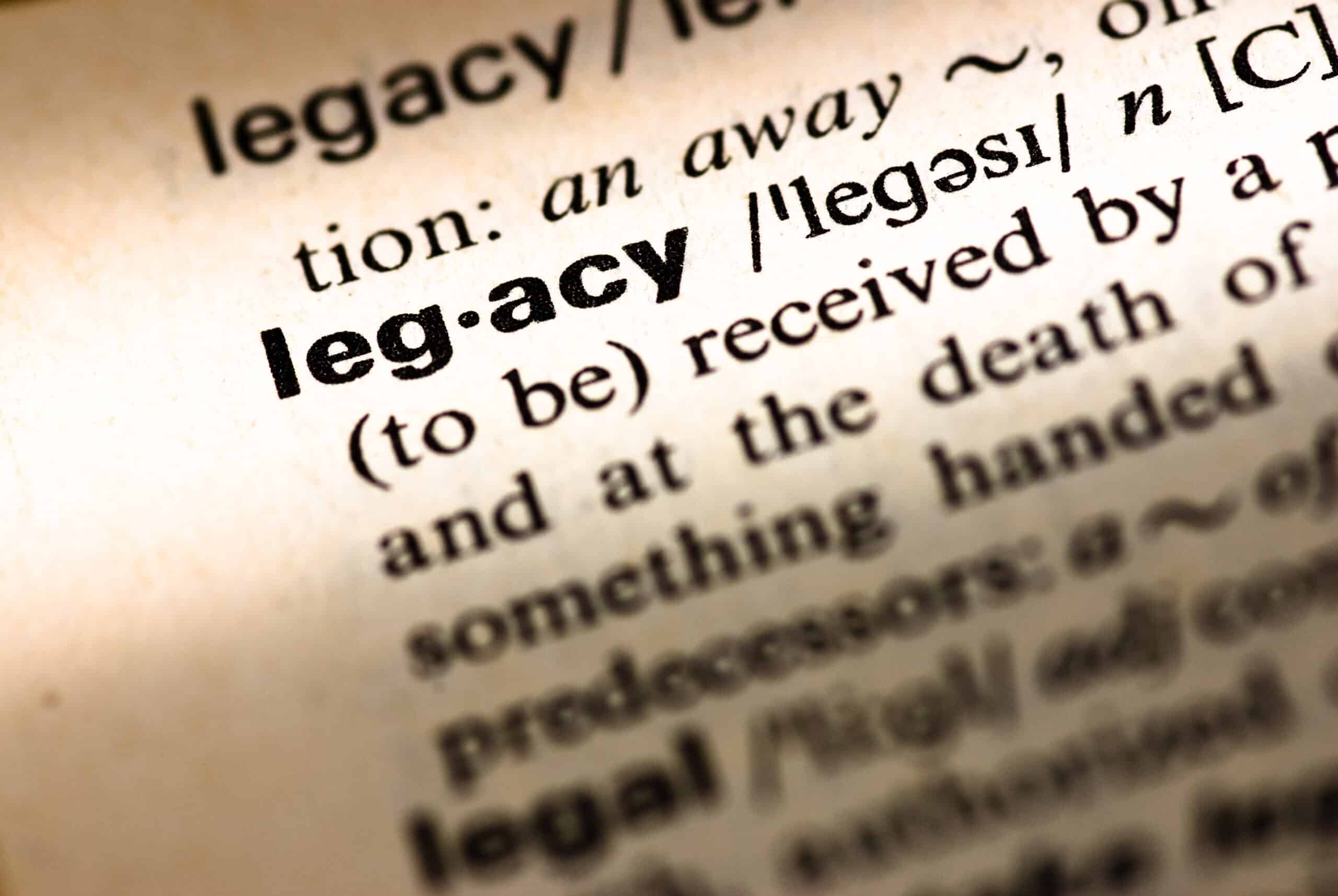Honoring Legacies with Heart: A Guide to Meaningful Memorial Funds

Life’s chapters close, leaving behind cherished memories and a desire to keep memories alive. While physical memorials stand as silent testaments, memorial funds offer a dynamic way to honor the life and values of someone special. But what are they, how can you create one, and how do you ensure it thrives over time?
The Power of Giving in Remembrance
A memorial fund is a charitable fund established in memory of an individual. Donations made to the fund are used to support causes close to the deceased’s heart, perpetuating their legacy through positive impact. It’s a way to:
- Celebrate their passions: Whether it was education, animal welfare, health care, or environmental protection, the fund can support the causes they championed.
- Offer comfort and support: Donations can alleviate financial burdens for families facing hardship, providing practical assistance in their time of grief.
- Inspire future generations: By supporting scholarships or educational initiatives, the fund can empower others to pursue their dreams, just like your loved one may have.
- Create a lasting legacy: The impact of the fund ripples through time, ensuring your loved one’s memory continues to touch lives for years to come.
Creating the Memorial Fund
Creating a memorial fund may help with the immediate pain of loss. It can also be a proactive way to channel grief into action, focusing on the positive aspects of your loved one’s life and the values they embodied.
Ensure the Fund reflects their spirit:
Each person is unique, and so should their memorial fund. Here are some ideas on how to personalize it:
- Identify their passions: What causes were dear to them? What activities brought them joy?
- Choose the right organization: Research charities or foundations aligned with their values and interests.
- Involve loved ones: Invite family and friends to contribute to the decision-making process, fostering a sense of shared purpose.
Personalize the donation process:
- Offer themed donation options: Instead of generic “In Memory” donations, you can create options aligned with their interests, like “Support John’s love of music through scholarships” or “Celebrate Jane’s peaceful passing by providing music therapy sessions for patients receiving hospice care.”
- Include a story section: Encourage donors to share their personal memories and stories alongside their contributions, creating a lasting tribute.
Make it interactive and engaging:
- Create a virtual memory space: Design a dedicated webpage or social media group where people can share photos, videos, and anecdotes about your loved one.
- Organize annual remembrance activities: Host community events like tree plantings, charity walks, or art exhibitions celebrating their life and values.
- Involve their loved ones: Invite friends and family to participate in fundraising activities, board meetings, or grant selection committees, fostering a sense of shared purpose.
Establishing Your Memorial Fund
Several options exist to establish your memorial fund:
- Not-for-profit organizations: Many charities and foundations offer dedicated memorial fund programs, handling administration and ensuring tax-deductible donations.
- Charity Navigator: Rates charities and provides guidance
- GuideStar: Nonprofit information database
- Community foundations: These organizations connect you with local causes and provide fund management expertise.
- Council on Foundations: Resources and support for community foundations
- Community Foundation Directory: Searchable directory of community foundations
- Crowdfunding platforms: Online platforms offer flexibility and accessibility, but research fees and tax implications carefully.
- GoFundMe: Fundraising Platform
- Charity Checkout: Platform specializing in charitable donations
Managing Your Memorial Fund
Once established, responsible management ensures the fund achieves its goals. Here are some key steps to get you started in the right direction:
- Establish clear guidelines: Define the fund’s purpose, eligibility criteria for grant recipients, and distribution frequency.
- Assemble a dedicated team: Choose individuals with financial expertise and commitment to the cause.
- Set up financial accounts: If you are establishing the fund independently, open dedicated bank accounts and establish transparent tracking systems.
- Communicate effectively: Regularly update donors and stakeholders on the fund’s progress and impact.
- Comply with regulations: Stay informed about tax and legal obligations to manage charitable funds.
- IRS Publication 557: Guide to tax-exempt organizations
- National Council of Nonprofits: Advocacy and resources for nonprofits
- Seek professional guidance: Consult financial advisors or legal professionals for complex matters.
- Engage with your charity of choice: engage with your charity of choice to see how they might support your fundraising efforts. The MJHS Foundation supports memorial funds by engaging with donors on your behalf, managing donations and more.
Remember, the most important aspect is honoring your loved one’s memory in a way that feels meaningful to you. With careful planning, a touch of creativity, and responsible management, you can create a memorial fund that truly reflects their spirit and leaves a lasting impact on the world.
If you are interested in starting a Memorial Fund with the MJHS Foundation, please contact us. We will be happy to guide you through the process.
This article is for informational purposes only and should not be used for legal or financial advice.
